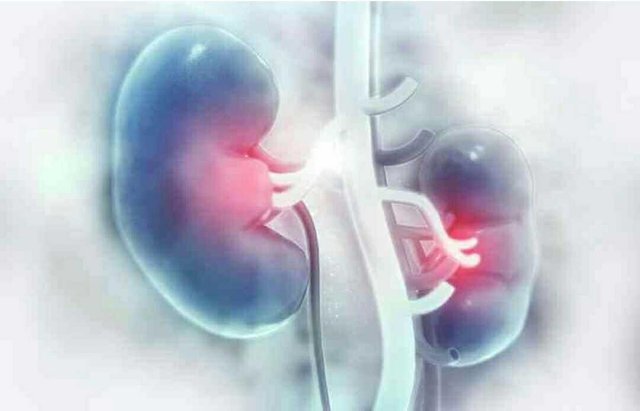If Your Kidneys Are In Danger, Your Body Will Give You These 12 Signs
If Your Kidneys Are In Danger, Your Body Will Give You These 12 Signs

If Your Kidneys Are In Danger, Your Body Will Give You These 12 Signs
For those who have suffered, are suffering or know someone suffering from liver disease know that it is a silent killer. What makes it even more dangerous is that it gets diagnosed at very late stages for most people.
Not many individuals are educated enough to know that the symptoms of kidney disease are not silent, but are redundant enough to not care. Unfortunately in some cases, the symptoms may not even become present until the condition is critical.
So this makes knowing and recognizing the symptoms that much more crucial. Here are the top 12 signs of kidney disease that you need to be aware of.
Changing of Your Urinary Function: The first telltale sign of kidney disease is the change in the amount and frequency you urinate. You could see a dramatic increase or decrease in the amount of urine you pass. At times you might also notice your urine change into a darker color.
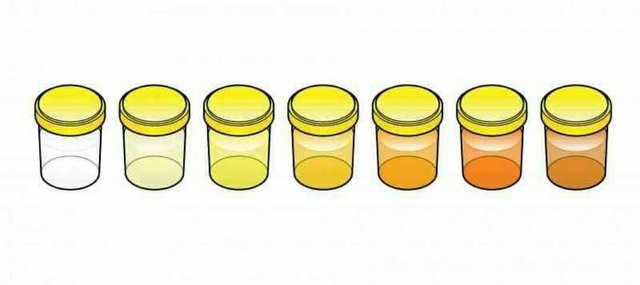
You might also feel this extreme urge to urinate but are unable to once you reach the washroom. The bottom line is that if you sense a change in your urinary function, it’s best to start paying attention and making notes of your daily visits to the washroom.

Difficulty or Pain While Urinating: You might have difficulty, or feel pressure or pain while trying to empty your bladder. This could mean that you have developed a urinary tract infection.

This is easily curable, but it is best to catch it early because it has the potential to spread to your kidneys, you might develop a fever and pain in your neck.
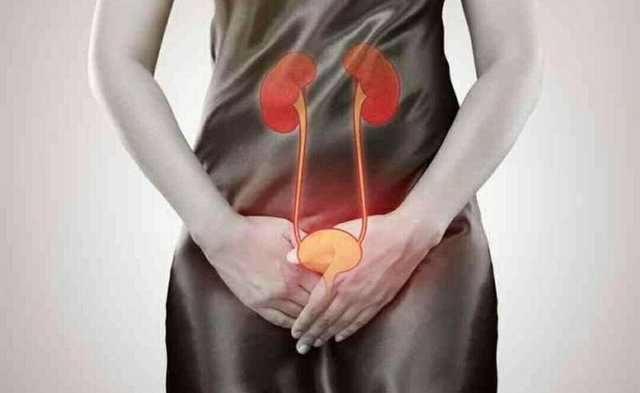
Blood in the Urine: This is one of the symptoms that cannot be missed and is a direct cause for concern. So if you see this, do not ignore it.

Blood in the urine is a direct symptom of kidney disease. You need to visit your doctor immediately if this symptom has surfaced. Because blood in the urine could also be associated to several bladder cancers.

Foamy Urine: I know you’re probably thinking that a lot of these symptoms have to do just with the bladder, but because the bladder and kidneys are so connected, they bladder is the first to be affected if the kidneys are failing.
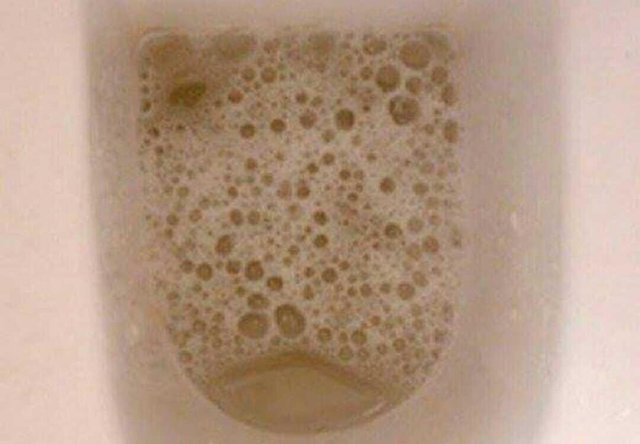
Swelling or Oedema: All the excess waste and fluids in your body is removed by your kidneys. When they can no longer do that, this extra waste and fluid builds up in your body. When this occurs, the person will experience swelling of the feet, ankles, puffiness in the face and tightness in their hands.
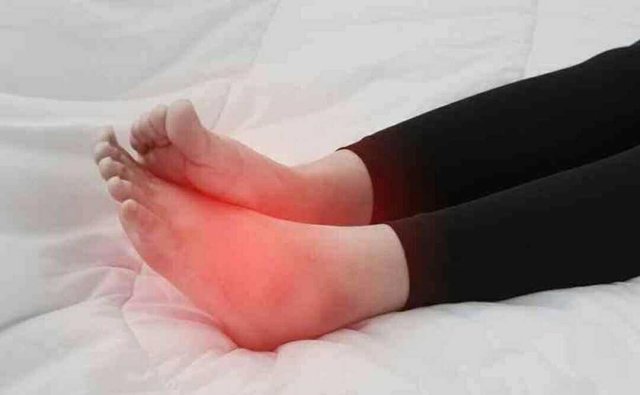
Extreme Fatigue: When your kidneys are functioning properly, they’re producing a hormone called erythropoietin, which helps red blood cells carry oxygen. When your kidneys malfunction, the levels of this hormone drop drastically. This sudden drop in red blood cells causes your body weak and fatigue.

Dizziness and Inability to Concentrate: When your kidneys are causing you to become fatigue, this lack of oxygen also affects the brain. This may cause you to become dizzy and find it difficult to concentrate as well. The reason is that when the brain is lacking oxygen, it functions slower.

Feeling Constantly Cold: When your body becomes anaemic, which can be caused by kidney disease, it can also cause you to become cold in areas that are warm. Pyelonephritis, which is a kidney infection, can also cause a fever and chillis.

Skin Rashes and Itching: This symptom can often be commonly confused with other conditions such as allergies, but the rashes could be a symptom of kidney disease and failure. What causes this is renal failure, which also causes waste to build up in your blood. This is what causes severe itching and skin rashes.
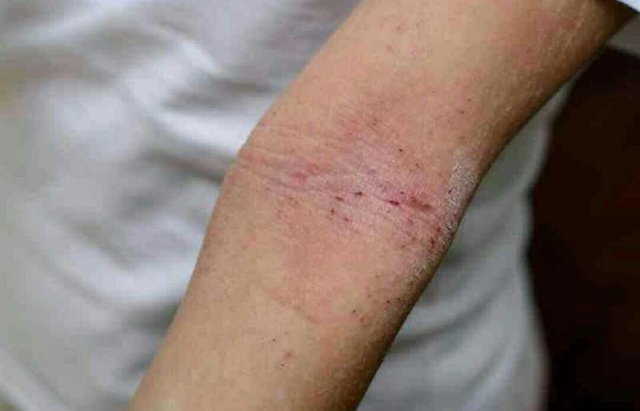
Ammonia Breath and Metallic: Kidney failure increases the level of urea in the blood. When this occurs, the urea is broken down into ammonia in the saliva which causes urine-like bad breath called ammonia breathe.

Nausea and Vomiting: If your kidneys are failing, you will experience constant nausea and vomiting. It won’t be a one-time-thing. You will experience this more often than not. The reason for this is the build-up of waste products needs to leave the body, which is why it results in vomit.

Shortness of Breath: If the kidney disease has become severe enough, it can cause a build-up of fluid in the lungs which can leave you with a feeling of breathlessness. In relation, if your body suffers from anemia, another kidney disease, it will starve your body of oxygen.

It’s important to remember that if you have any of these symptoms, it does not necessarily mean that you have kidney damage. Many of these symptoms are part of other diseases and infections, but they are worth looking into or consulting your doctor about if you experience them. They can save your kidneys and potentially your life.
